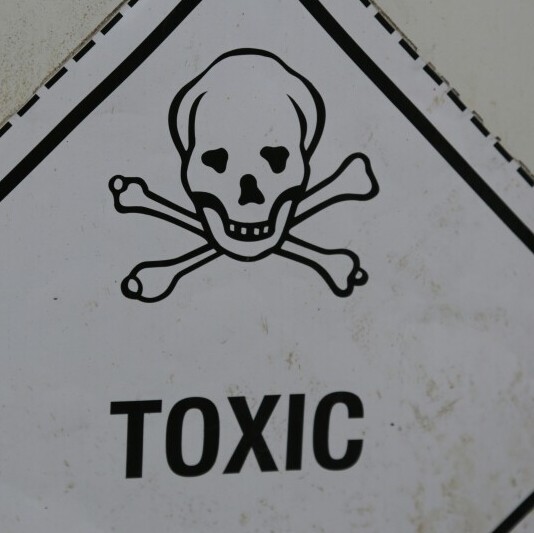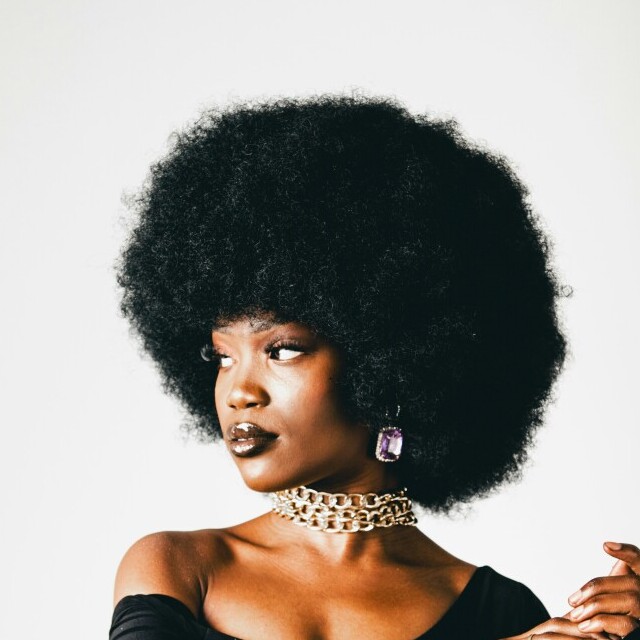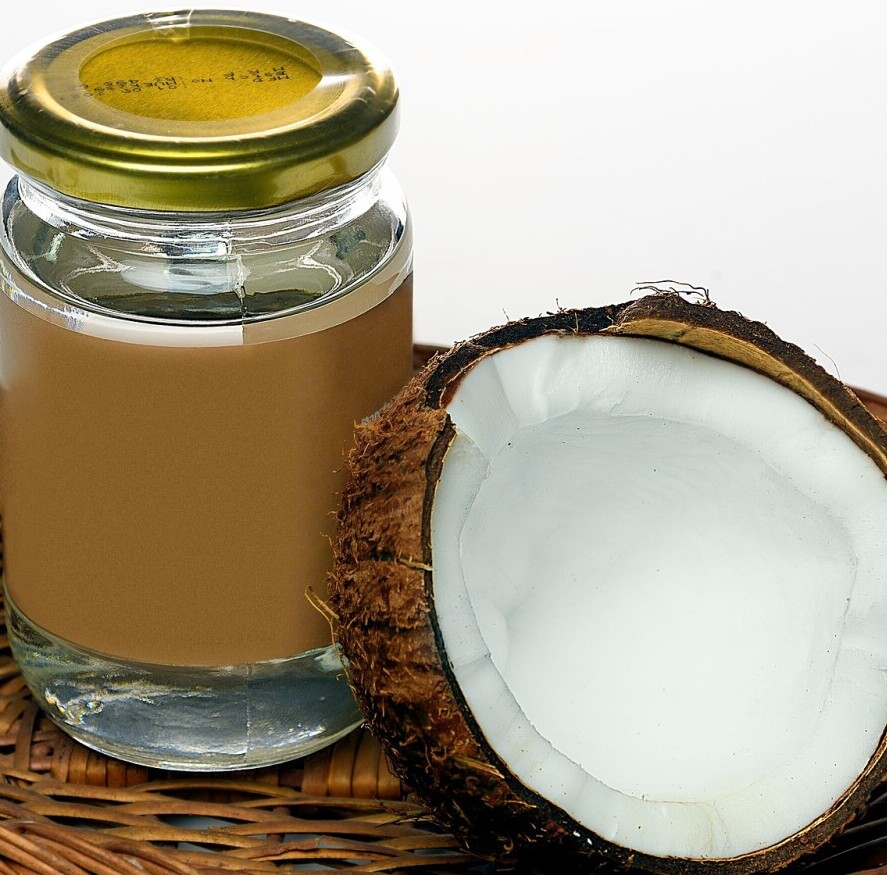4C hair has its unique beauty and challenges. The tight, zig-zag pattern is stunning but needs extra care to maintain its health. Knowing what goes into your hair care products is crucial, especially when dealing with natural hair.
Many products claim they’ll enrich your curls, but not all of them are being straight with you about their ingredients. Some compounds in hair products are known to be problematic, especially for delicate 4C strands. Understanding these ingredients can make a huge difference in the strength and health of your hair.

The term ‘The Toxic 12‘ refers to a group of notorious chemicals found in many cosmetics and hair care products. These ingredients are notorious for disrupting the natural beauty and integrity of your hair. Awareness of these substances is key to maintaining the lusciousness of 4C hair without unnecessary damage.
People often wonder, “What’s bad for 4C hair?” Well, wouldn’t you know, many of these damaging ingredients are hiding out in plain sight in our hair products. If you’re finding your hair not living its best life, it’s time to look closer at what’s in that bottle.
Getting on top of your hair care means diving into the ingredient lists and making informed choices. Being ingredient-savvy is not just for chemistry buffs—it’s for anyone who loves their hair and wants it to thrive.
Identifying The Toxic 12: An Overview
When it comes to hair care, the ‘Dirty Dozen’ isn’t the latest drama but a list of ingredients that can turn your hair journey into a nightmare. These chemicals are often marketed as beneficial, but their effects can be quite the opposite, especially for the unique needs of 4C hair.
You might wonder what ingredients are hiding in your hair products that you should be wary of. Well, these notorious twelve have been known to strip moisture, weaken hair, and even cause scalp issues. Sulfates, parabens, and silicones are just a few of the usual suspects troubling your crown.

Understanding what makes these ingredients a no-go is key. Sulfates, for instance, can leave your hair feeling squeaky clean, but that’s not necessarily a good thing. For 4C hair, which craves moisture, such detergents strip away natural oils, leaving you high and dry.
Parabens sneak in as preservatives but have been linked to hormone disruptions. For those trying to keep their curls healthy and bouncy, avoiding these chemicals is part of smart hair care shopping.
And silicones? They might make your hair look temporarily shiny, but it’s like putting a plastic wrap on your hair. Over time, they can cause build-up, making your hair heavy and dull.
Checking out the labels on hair products can feel like decoding another language. But with a bit of knowledge, you become the expert on your hair’s best friends and frenemies. The payoff? Healthier and happier 4C hair without the hassle of harsh chemicals.
Dangerous Ingredients Potentially Causing Hair Damage
When caring for your 4C hair, you’ll want to watch out for some ingredients that wave a red flag. Just because a product smells amazing or promises miracle transformations doesn’t mean it’s doing your hair any favors. Some ingredients are like that unwanted second cousin at family gatherings—they show up uninvited and just cause trouble.
Ever scan those ingredient lists and see something like “propylene glycol”? It’s as common as a pair of old jeans but not as harmless. This chemical is often used to retain moisture, but it can also irritate your scalp and dry out your curls.

And let’s talk about alcohol. Not the kind that makes a good cocktail, but the kind that sneaks into your styling sprays, leaving your hair thirsty rather than quenched. Not all alcohols are bad, but if you see ethanol or isopropyl, proceed with caution as they can zap moisture from your strands.
Phthalates pop up in fragrances but can mess with your hair’s natural balance. They aren’t singled out on every product label, which can make them tricky to spot. The best bet? Opt for fragrance-free products or look for those labeled ‘phthalate-free.’
One might ask, “Which ingredient is harmful for hair?” It’s not just one single culprit but a cocktail of different compounds. Being mindful of these can save your hair a lot of grief. Always remember, healthy hair starts with informed choices. Scan those labels and opt for products with ingredients you trust. Your hair will thank you by looking its best every day.
The Connection Between Chemicals and Hair Loss
Hair loss can hit anyone like a bad hair day that doesn’t end. For 4C hair, certain chemicals can be sneaky contributors to the issue, making it crucial to know what’s in your hair products.
Some ingredients are particularly notorious for causing hair to shed. Take formaldehyde, for example. It’s not something you’d willingly apply to your roots, yet it often hides in hair smoothing treatments. This chemical can weaken hair strands, leading to breakage and thinning. There was a season, I did not pay attention to these ingredients and I decided that I wanted to get a hair smoothing treatment. I was put off mostly because of the cost and the time it would take to get done. On doing further research, I discovered that there were cancer causing ingredients in the specific hair product that would me used and that was the end of my journey looking into those products.
Ever heard of sodium lauryl sulfate? This popular cleaning agent is effective at washing away dirt but can also harm your hair follicles with prolonged use. Keeping an eye out for this in shampoos can help preserve your hair density.
Another common threat is synthetic fragrances. They sound harmless, but the mix of undisclosed chemicals can stress the scalp, potentially promoting hair fall. Opting for natural or fragrance-free products minimizes the risk.
Questions like ‘What ingredient causes hair to fall out?’ are valid concerns. The answer can be pretty complex, but focusing on gentle, natural ingredients is generally a smart move. Avoid overloaded formulas promising miracles—they might just be full of unwanted surprises.
Educating yourself on these chemicals isn’t about becoming a chemist overnight but about making choices that keep your hair healthy and robust. Your 4C hair deserves products that care for every exquisite strand.
Steps for Safer Hair Care: Protecting Your 4C Hair
Creating a hair care routine free from nasty chemicals is like giving your hair an all-access pass to thrive. It starts with knowing your products inside and out. Look for labels that boast transparency and simplicity. Products with shorter ingredient lists often mean fewer chances of unwanted chemicals.
Swapping out products might seem overwhelming, but focus on one product at a time. Maybe start with your shampoo, checking it’s free from sulfates and other harsh cleansers. Gradually move through your routine, finding what works best for your curls without the nasty impact.
Take the time to test how new products work on your hair. Don’t be swayed by aggressive marketing; your hair’s reaction is the real deal. Start with alternatives that have natural moisturizers like shea butter and coconut oil, which nurture without stripping.

Don’t ignore how your hair and scalp feel. Regular dryness, itchiness, or breakage could be a sign that something in your routine isn’t jiving well with your hair. Staying tuned to these signals helps you tweak your approach and keep things fresh and beneficial.
If you’re stumped on where to start or what to pick, consider apps and websites that verify product safety. They provide trusted resources, helping you decide based on your goals for healthy hair. Whether it’s certifications or consumer reviews, informed purchases are always in style.
Leave a Reply